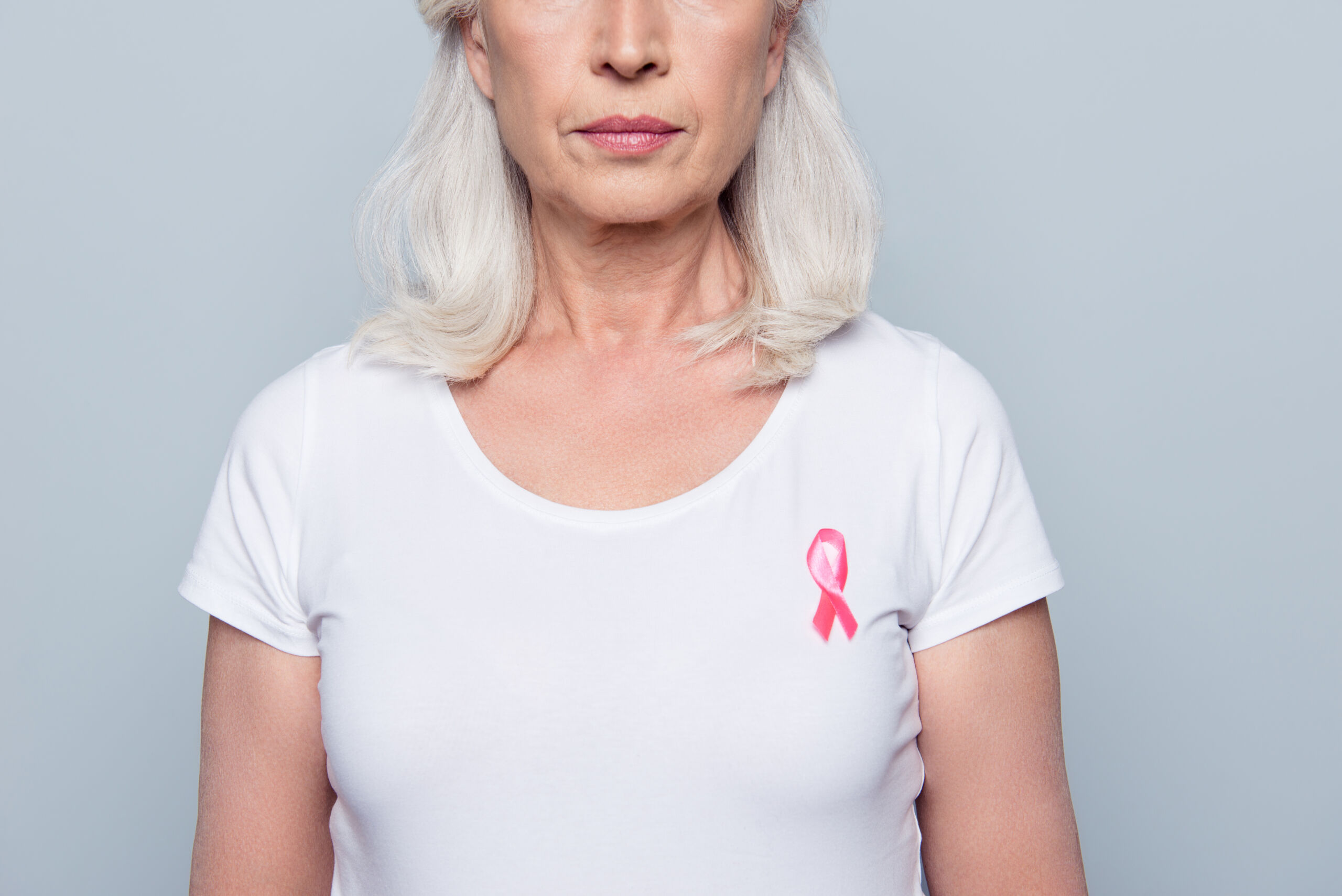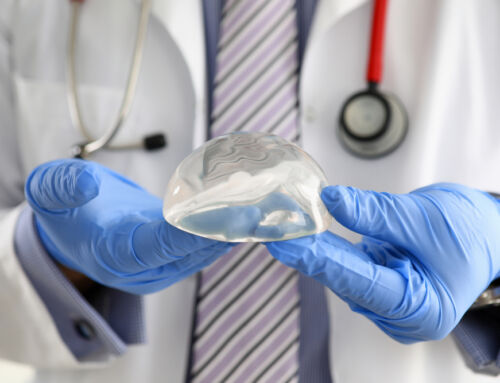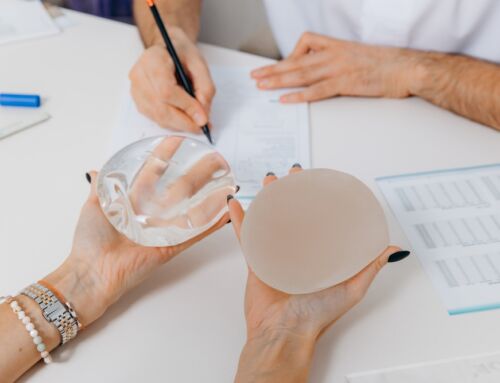
Breast reconstruction surgery can feel overwhelming and unknown for many women who have just gone through their journey with breast cancer. Typically, this type of reconstructive surgery is a common option for women to reconstruct their breast, and to find a sense of restoration of what has been lost.
While many women have undergone this surgery, there can still be a variety of feelings and nerves that can come before a major surgery such as this. Our goal here is to provide you with a checklist of sorts so that you can be prepared prior and post surgery.
Read on to gain better understanding about breast reconstruction surgery and a checklist to keep in mind before and after this procedure.
What is Breast Reconstruction Surgery?
Breast reconstruction surgery is a type of surgery to reshape or remold the breast following a mastectomy or lumpectomy. With this type of surgery there are typically two options for a woman to choose from regarding what the breasts are reconstructed from. This decision will be based on her goals and which outcomes she is looking for. Additionally, a skilled surgeon will be able to review each option and discuss which would be best to reach their patient’s reconstruction goal(s).
Implants
One common option for breast reconstruction surgery is the breast implant option. Breast implants are made from silicone gel or a saline solution molded in the form of a breast. The type of implants come in different sizes and can be adjusted for your preferred size. Breast implants of this kind can typically last anywhere from 10-25 years, but there are other external factors that can impact the lifespan of breast implants.
Breast implant surgery can be performed either after a mastectomy, or once cleared by a doctor following healing of the mastectomy incisions, and breast cancer treatment has been completed.
DIEP Flap Reconstruction
A DIEP (deep inferior epigastric perforator) flap reconstruction surgery is another option many women look to for breast reconstruction. This type of reconstructive surgery is performed by a surgeon who will take excess tissue, fat, skin, and blood vessels from a woman’s lower abdomen and use it to reshape and mold the breasts. When breasts are reconstructed with a woman’s own tissue, then the breast will have a more natural appearance than an implant. Additionally, breasts reconstructed via DIEP flap will change in shape based on a woman’s weight changes. This type of breast reconstruction will typically last a lifetime as it is made from your own tissue and skin.
A DIEP flap reconstruction surgery can be performed following a mastectomy.
What Happens at a Pre-Op for Breast Reconstruction Surgery
Whichever option a woman decides to go with for her breast reconstruction, there are a few general things that occur at a pre-op for this type of surgery. Your surgeon should go over what to expect during your surgery, from the medicine, such as anesthesia that will be administered, to how long the surgery will take. During the pre-op you can also ask your surgeon further questions that perhaps you need ruther clarity or assurance on.
What to Do Before Breast Reconstruction Surgery
Since breast reconstruction surgery is considered a major surgery, your surgeon may require certain protocols to be done prior to surgery. They may want further labs or just a general medical evaluation to ensure you are able to undergo this procedure. Once these are cleared, and your surgeon gives you the green light to go forward with this procedure, there are a few steps you will need to follow to ensure the best outcome and recovery with breast reconstruction surgery.
Checklist
Before your surgery, your surgeon may provide specific instructions to prepare for this procedure. They will be able to determine the exact steps to follow based on your medical condition/history. Connect with your provider first to ensure you’re on the right track in taking the right steps for the best results and recovery from your surgery. Here is a general pre-op breast reconstruction surgery checklist to keep in mind before your procedure:
Diet Leading Up To Procedure: During the weeks and days leading up to your breast reconstruction surgery, it can be helpful to incorporate a nutrient dense diet. Incorporating the right fruits, vegetables, and proteins into your diet can help your body recover from the stress your body will undergo during surgery. Further, these foods can help your body not just prepare for the surgery, but to also have a better recovery overall. Some foods to keep in mind include:
- Oranges and grapefruit offer Vitamin C to support a stronger immune system.
- Blueberries and strawberries can provide the right antioxidants to help with inflammation.
- Leafy greens are filled with Vitamin A, C, and K which all work to repair tissue damage, and studies show that Vitamin K is excellent for aiding in wound healing!
- Water is always important as you want your body to be hydrated and ready for your procedure.
Diet the Night Before Procedure: In the hours leading up to your breast reconstruction surgery, your doctor may advise you to avoid all foods the night prior, or 8 hours before. Your surgeon will be able to provide you with a specific amount of time to fast from foods depending on what time your surgery is scheduled for. This also includes drinks the night before surgery, typically after midnight, or whatever timeline your surgeon gives you. If you are not sure how long to fast from foods or liquids, please consult your doctor.
Medicine: If you are taking and current medications, be sure to provide this information to your doctor so that they can share with you when and if you can take your medicine before your surgery. Since each medicine is unique, your surgeon will be best able to determine what is appropriate to take and what you can pass on for the moment for the sake of your surgery.
As a general rule, many surgeons will suggest avoiding taking blood thinners, aspirin, ibuprofen, and additional anti-inflammatory medication. Many will be advised to discontinue taking these pills at anywhere from 3 days to 1 week before surgery.
Again, it is always important to share with your surgeon your current medication, and to know when to pause on certain medications prior to this procedure.
Hygiene: It is typically recommended to shower prior to surgery, but to avoid applying lotion, perfume, or makeup before the procedure.
Don’t Forget: Be sure to bring a valid ID, such as a driver’s license, and your insurance card. It also may be worth it to pack an overnight bag just in case you end up staying longer than you thought. You can include things like possible medications, change of clothes, appropriate shoes, a book or tablet for entertainment, and additional toiletries to freshen up with.
It is also important to bring a trusted adult, be it a parent, partner, spouse or friend.
OK to Forget: You can leave specific valuables at home such as wedding rings or bands. It is also recommended to remove any body piercings or jewelry prior to surgery.
What to Do After Breast Reconstruction Surgery?
In addition to your provider sharing with you what to expect before surgery, they will also share with you what to expect afterwards. While each patient is different, and may require specific post-op instructions, here is general post-breast reconstruction surgery checklist:
Checklist
Transportation: Due to the anesthesia you will be coming out of, and the major surgery you have just undergone, you will want to have a way of transportation back home following this procedure. This is why it is important to bring a trusted adult to your surgery so that they can be aware of specific instructions from your surgeon, but also drive you home safely.
Papers & Instructions: Following your procedure, your medical team should provide you with a clear, physical copy of directions to follow for optimal recovery and healing. Be sure to keep those papers in a safe place for reference in the days after your surgery as there will be important contact information and specific information for you to follow.
Post-Surgery Bra: Afterwards, your provider should provide you with a specific bra with the proper support and compression for optimal recovery and healing.
Medication: Medication will most likely be prescribed after surgery to help manage pain and discomfort. If you have a history or drug abuse, or opioid addiction, please share this information with your provider as there are other options and assistance available.
Rest: Allow yourself the adequate time to rest and recover. This may mean no physical activity for a few weeks. It may be helpful to stick to a nutrient rich diet following your surgery to promote optimal healing and recovery. Be sure to stay hydrated following your procedure as well.
Again, your doctor will provide you with clearer instructions as to what you can and can’t participate in following your procedure.
If you are having further issues, pain, or complications at home please contact your medical provider or emergency services as soon as possible.
Common Pre & Post-Op Breast Reconstruction Questions
There can be a variety of questions that come to mind regarding any breast reconstruction surgery. Here are some common ones, but if there is one on your mind specifically be sure to ask your provider!
How Painful is Breast Reconstruction Surgery?
While you will be under anesthesia during breast reconstruction surgery, pain is not likely to be experienced until afterwards. Pain is normal for at least 2-3 weeks following surgery. If the pain is severe, and prolonged, please contact your medical provider.
How Long Do You Have to Sleep on Your Back After Breast Reconstruction Surgery?
For better recovery and results, it is usually advised to not sleep on your side until 4-6 weeks following your procedure. This may vary based on which type of reconstruction surgery you selected. Again, talk with your provider for what this timeline should look like for you.
How Long Does it Take for Breasts to Settle After Reconstruction Surgery?
Breast implants from breast reconstruction surgery usually take around 3 months to “settle.” Bruising and swelling will be normal in the weeks following both breast implant surgery or DIEP flap surgery. For DIEP flap reconstruction surgery it may take a full year to completely heal from surgery.
What Can You Not Do After Breast Reconstruction Surgery?
In the days and weeks following any type of breast reconstruction surgery it is usually advised to avoid any strenuous activity. This can include, but is not limited to, weight lifting, running or cycling. If you lead a fairly active lifestyle, then touch base with your provider as to what a realistic timeline can look like for you to get back out to your normal exercise routine.
Typical timelines for recovery can range from 6 weeks to 8 weeks before you can hit the gym or weight floor. When that time comes, you’ll want to ease back into your exercises after your surgery. Don’t push yourself too hard with a workout, and go lighter on weights too.
If you are looking to move your body, then walking is always an excellent low-impact option.
Breast Reconstruction Surgery in Nashville, TN with Garza Plastic Surgery
For anyone who has personally faced breast cancer, or for anyone who has loved someone on this journey, it can be one that is scary, uncertain, and can feel like a lot of different losses at once. At Garza Plastic Surgery we are sensitive to these emotions, and desire to help women restore what may have been stolen from them during their journey.
Breast reconstruction surgery is more than a common surgery, it is to help women feel somewhat whole again and back to some sense of normalcy. Our dedicated team of surgeons at Garza Plastic Surgery have a heart for walking alongside patients to bring back hope and healing.
If you are looking for breast reconstruction surgery options for you, from breast implants to DIEP flap surgery, then contact our team at Garza Plastic Surgery in Nashville, TN. You can set up an appointment with one of our dedicated and compassionate surgeons to see what the right options are for you, and go over insurance coverage with our team.
Explore our website to read patient testimonies, and to learn more about our dedicated surgeons, Dr. Robert Garza and Dr. “Mae” Yang.
Ultimately, this is your story and one that we would be honored to join in on in bringing restoration and recovery, at Garza Plastic Surgery.







